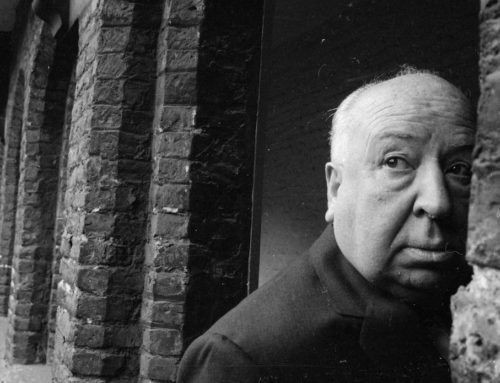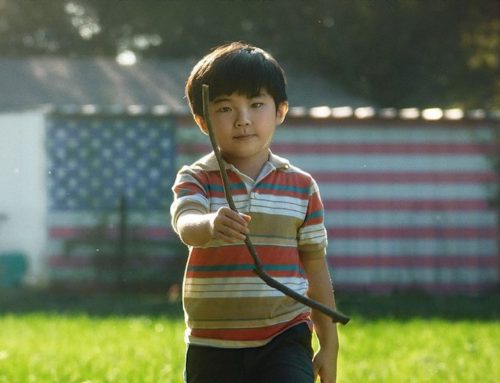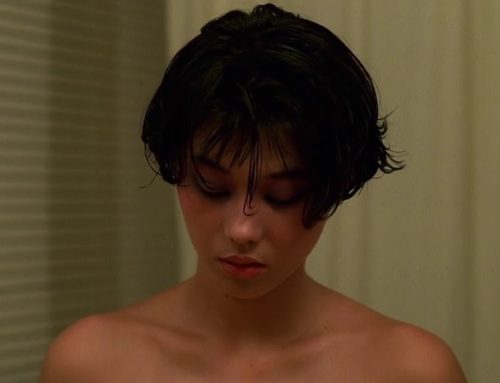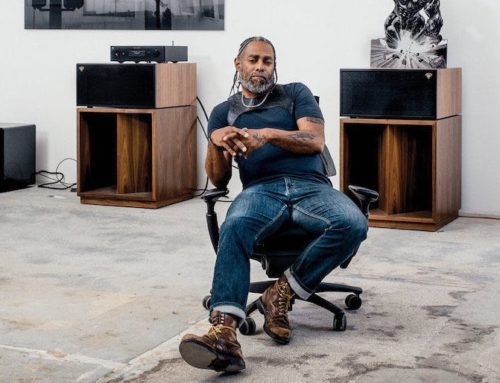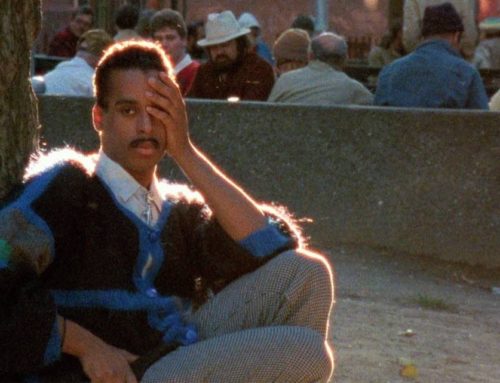Have we brought this age of revivals and remakes with the industries of Film and Television upon ourselves?
Some may say it is the big taboo word that never was, and others may call it the main cog in the machine of Cinema, and now the lucrative Television industry. At risk of sounding bias, I consider the remake to sit in the middle of this fence between love and hate. Over the past years, we have seen various memorable pictures transformed to match the digitally advanced, equality-fuelled, one love, one world zeitgeist of the 21st century – values we, as humans, need for humanity itself to be accepted and progressed into wider ranges of modern thought. Yet why do we keep seeing them in the pretext of a Marvel superhero, or the context of a Disney princess, or even the image of the immortal action man character? Does the real taboo lie with words like originality and creativity and, most simply, the new?
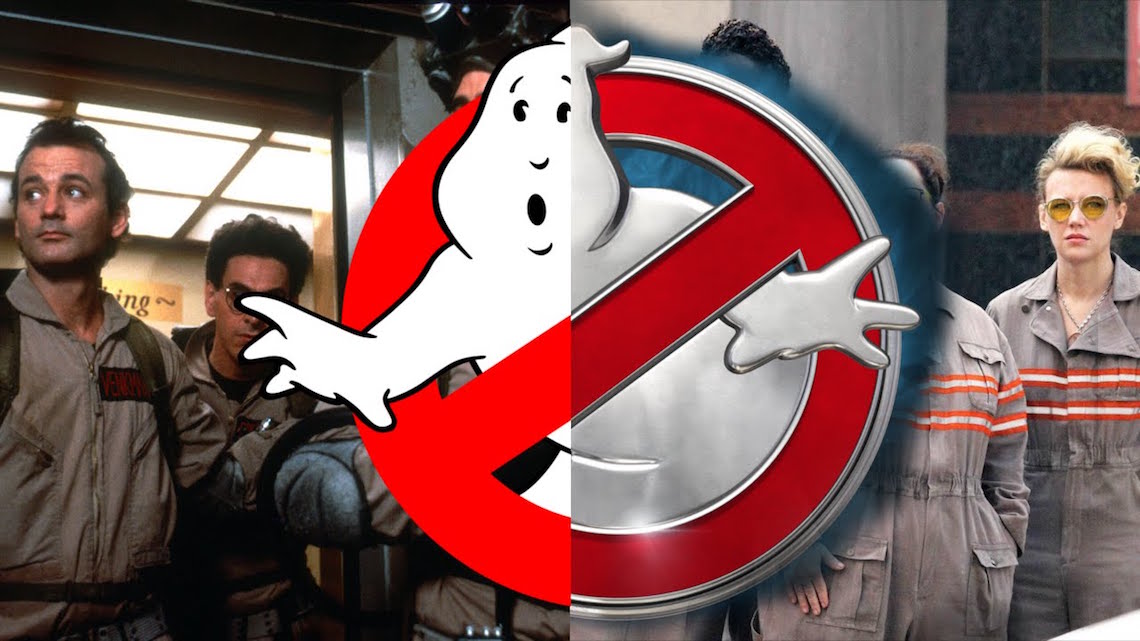
We cannot completely disregard this sub-form of re-creating much-loved stories like The Jungle Book or re-introducing treasured characters like Willy Wonka because we are the reason they keep gracing our screens. We are the market who wants this repetition, we are the audience who pine and plead for answers to age-old tales of the yesteryears and the speedy return of crackling narratives about fast cars and espionage. We thrive on it. How? Along with the moving times of 21st century technology in production aspects, the tool of social media has left us hanging in the shadows of wanting more. Facebook, Instagram, Twitter, Tumblr and the many other networking platforms in the woodworks are the main culprit behind how we are entertained at the multiplex, at home, and now pretty much anywhere there is Wi-Fi and an electronic device (well Netflix has other developments) By having direct contact with directors, producers, writers and actors of the leading entertainment industries, audience demand is easily accessed and understood, rather than a heavy reliance on the people behind the scenes. This is what the world is so fondly describing as social media nostalgia, more explicitly a ‘cesspool’ according to The Daily Dot’s Eve Peyser. We call upon the past to reignite our present day perception of entertainment and the industry bigwigs lap it up, and why? Money would be the first thought, reception is already fixed to be positive and vast, but could it be that they have nothing else? A blocked mind with no creative juices flowing, so they feed into the longing of a simpler time and give the people what they want. You could say it is so, or you could heavily deny it. I would say the latter is more popular.
There are some exceptions to the rule. Some people make Films and Television shows for money, some make them to tell their story and others make them for the sake of calling themselves directors or creators. With recent rebooted releases, we can gladly declare some people make Films to deliver a statement, one to throw the negative trolls down on the backs and force them to question their values towards identity, humanity and equality. You may deem a story about catching ghosts to be unworthy of representing an underlying narrative of female empowerment, but in a society thought to have evolved ahead of its time, these messages are desperately needed. Paul Feig’s all female cast for the rebooted Ghostbusters (2016) brought the remake into a different light, it wasn’t about the money, it wasn’t about the critical acclaim, it was about the people’s choice and their acceptance of gender equality and progressive thought. Now with the correct motivation to create this type of female-led Film, the team behind it found themselves embroiled within the ‘remake, reboot or sequel’ debacle. A Guardian article by Ben Child references the questionable marketing choices they upheld resulting in the label of a third instalment to the existing franchise. They were forced to run with it ultimately becoming addressed as a ‘what not to do’ example for future Filmmakers. For instance, the 2017 version of Jumanji has been strongly classified as a continuation or reimagining of the 1995 classic, not a reboot. You tell me, which is better for the Filmmaking conscience? Re-doing a Film or developing it, either way it feeds into a cycle of repetition. We also have the instance of complete and utter detachment from that word, in the case of the new Ben-Hur (2016), directed by Timur Bekmambetov. He already had big boots to fill with six other existing adaptations and remakes of the 1880 novel by Lew Wallace in the Film archives. It didn’t work out so well with Bekmambetov, Paramount and Metro-Goldwyn Mayer (MGM) suffering a major loss as the Film was dubbed one of the biggest flops of 2016. It just goes to show that the remake and its subsequent branches are an acquired taste. On one end it is beloved and enjoyed by the whole world, while the other end sees them plummeting towards the list of box office bombs. Will it cease to exist after a few bad runs? No chance!
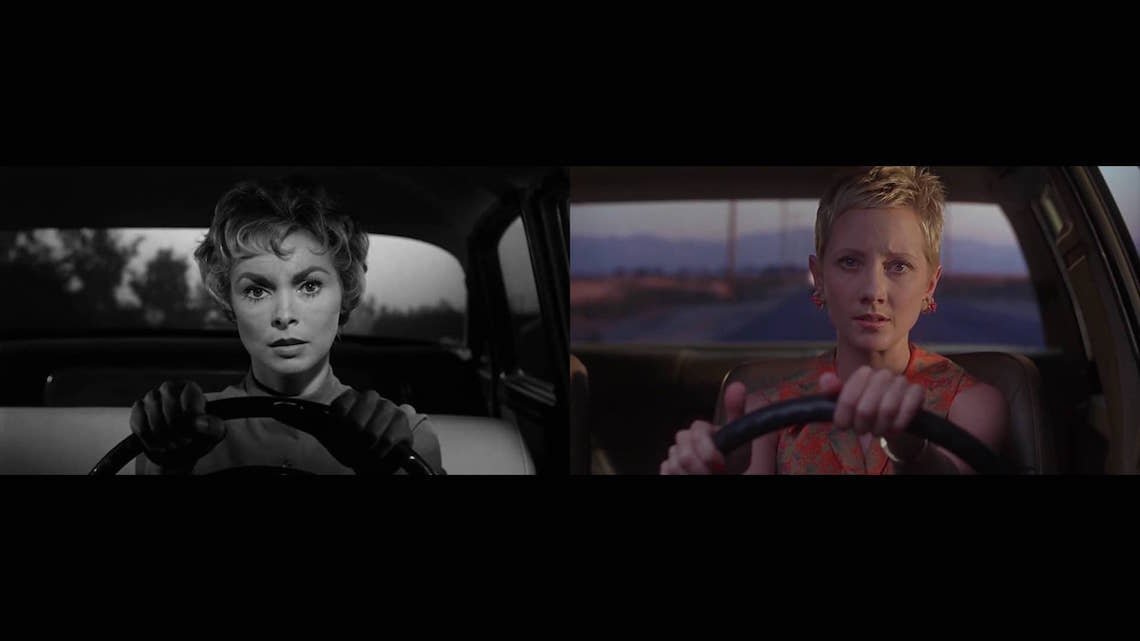
Putting aside the current thoughts of this remake and reboot culture within the Film industry, lets look towards the small screen. Once again blurring the territories of impartiality, I think we can say Television has speedily detached itself from becoming associated with lack of originality. Aside from the art of adaptation – who doesn’t want to see their favourite books transferred to the screen when its done well – Television has set the standard for fresh narratives and characterisations with a show like The CW’s Crazy Ex-Girlfriend and the popularity of ABC’s long-running Greys Anatomy. Even though the third R word has started to sink its teeth into the industry our Television is well equipped to bear the price of what the audience wants and needs – to reminisce. The revival age is rapidly becoming the latest trend to grace our screens, most notably through streaming services like Netflix with Fuller House and Gilmore Girls: A Year in the Life. The only difference between Film and Television in this respect is the audience pines more for a Television revival where they can once again meet the characters they so lovingly built a relationship with, across a number of seasons all those years back. This is where social media nostalgia reaches its peak. But what about those Television shows made into movies, like Entourage or Sex and the City? That itself was a phase at one point, so why is it that Television has swooped in and stolen something from the territory of cinema? The superiority of the latter seems to be in danger while the former strides ahead. Yet another taboo striking the entertainment industry. And with that momentous stride, Television continues to green light projects they know are wanted in the market. Audiences want to know what happened to Luke and Lorelai, they want to see the Tanner girls all grown up, and whatever David Lynch is going to pull out the bag with his return to Twin Peaks. Yet Television still has time, money and space to bring us fresh and innovative shows like This is Us and Stranger Things. Kellsey Evers’ National Chamber Review article features a significant statement pertaining to this cycle of programming; ‘Television has established its own means of immortality.’ It genuinely has for the better part of the demographic, rather than fizzling out beneath the shadow of Film, it has rejuvenated itself and become a market to be reckoned with. Just remember perfection is a tough feat to achieve and there are exceptions to the rule, something the world of Television is also guilty of abiding by.
So where does this label of taboo lie? The three R’s, unoriginal Film, nostalgic Television? Or is it with us, the nostalgia fuelling tweeters, the remake/reboot expectants? Either way it’s out there and for those unfortunate viewers who hide from these movies and shows, you might need to build up a sense of immunity to it, because it is rapidly becoming a pillar of the entertainment industry.
‘If you haven’t already noticed…Welcome to the Age of Recycled Entertainment!’ is written by Parveen Bhambra. You can read more articles on her blog shegoestothemovies.

